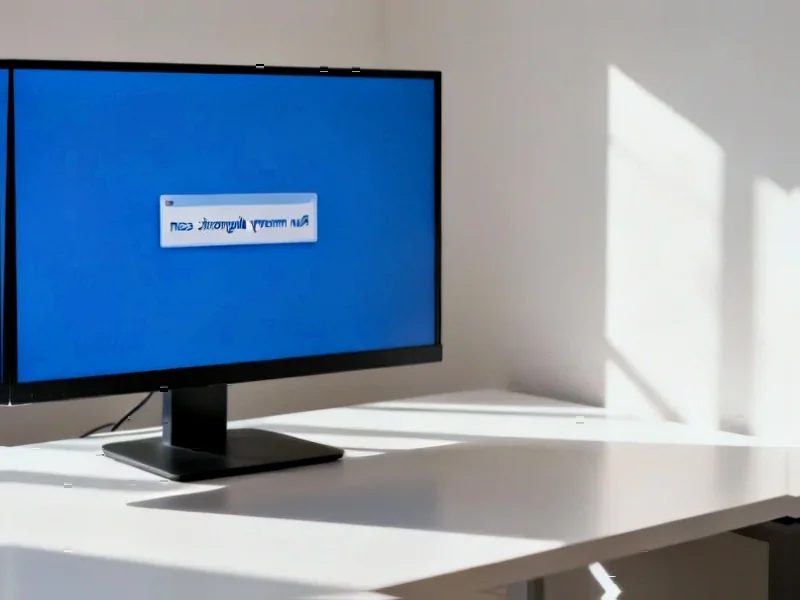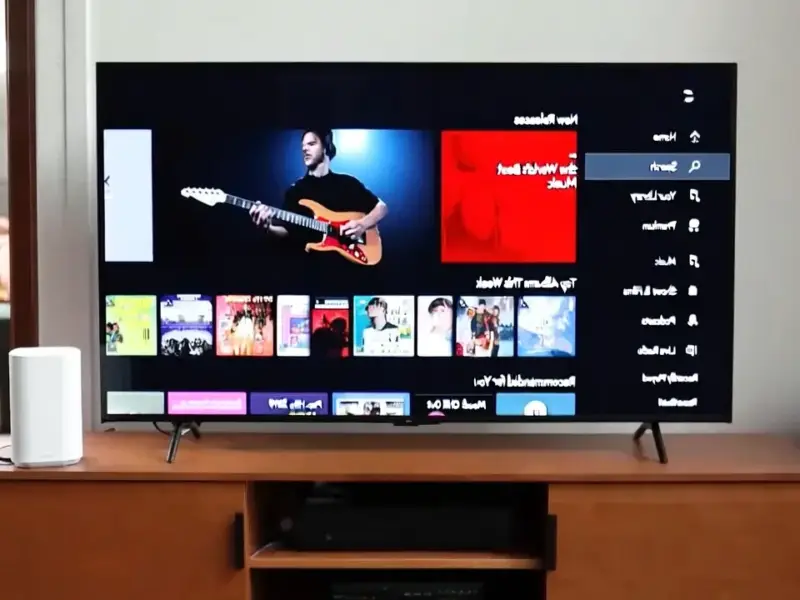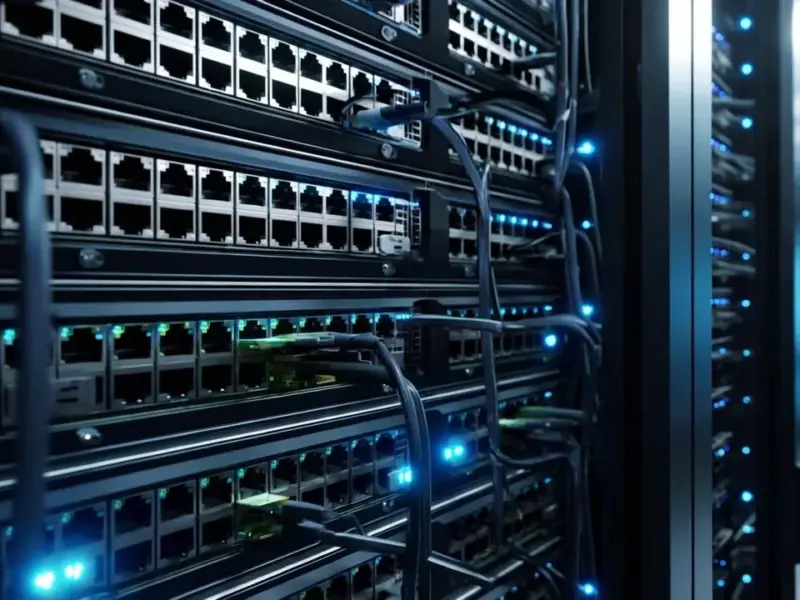According to Phoronix, Debian’s upcoming Trixie release marks the end of the road for several older processor architectures. The armel architecture will no longer be supported as a regular architecture starting with Trixie, with only Raspberry Pi 1, Zero, and Zero W systems receiving kernel package support. This will be the final Debian release supporting armel entirely. Meanwhile, both mipsel and mips64el architectures are being completely removed from Debian support. Users of these architectures are being advised to switch to different hardware or find third-party solutions. The changes are documented in the Trixie release notes and were announced on the debian-devel-announce mailing list.
What This Actually Means
Here’s the thing – if you’re running Debian on older Raspberry Pi hardware like the original Pi or Zero models, you’re basically at a crossroads. You can upgrade to Trixie when it releases, but that’s your last supported version. After that? You’re on your own for security updates and package maintenance. And for MIPS users? The situation is even more dire – you’re getting cut off completely with no partial support.
Now, this isn’t exactly surprising. Maintaining support for multiple architectures requires significant developer resources, and these older chips just don’t have the user base to justify the effort. But it still stings for people running these systems in production environments or embedded applications. I mean, how many industrial control systems or network appliances are still running on these older architectures?
The Migration Headache
Debian’s recommendation is straightforward: upgrade to armhf or arm64 hardware where possible, or just retire the old systems. Sounds simple, right? But anyone who’s dealt with hardware migrations knows it’s never that easy. What about custom applications compiled specifically for these architectures? Or embedded systems that can’t easily be replaced?
And let’s talk about the Raspberry Pi situation specifically. The fact that only kernel packages will be supported for Pi 1 and Zero models means you’re getting a partial solution at best. You’ll still be able to run Trixie, but you’re essentially getting maintenance mode support. It’s like being told your car will still run, but good luck finding parts when something breaks.
The Bigger Architecture Shift
This move reflects the broader consolidation happening across the computing landscape. We’re seeing the same thing with x86_64 dominating over 32-bit x86, and now ARM64 pushing out older ARM variants. The bug report discussing these changes shows this has been brewing for a while.
Basically, if you’re still running production systems on these architectures, now’s the time to seriously evaluate your upgrade path. The writing’s been on the wall for years, but with Debian making it official, the clock is ticking. These architectures had a good run, but everything has its time. The question is – what replaces them, and how painful will the transition be?
Continue Reading: Related Articles
Software
Software
Hardware
AI
Software





Your point of view caught my eye and was very interesting. Thanks. I have a question for you.